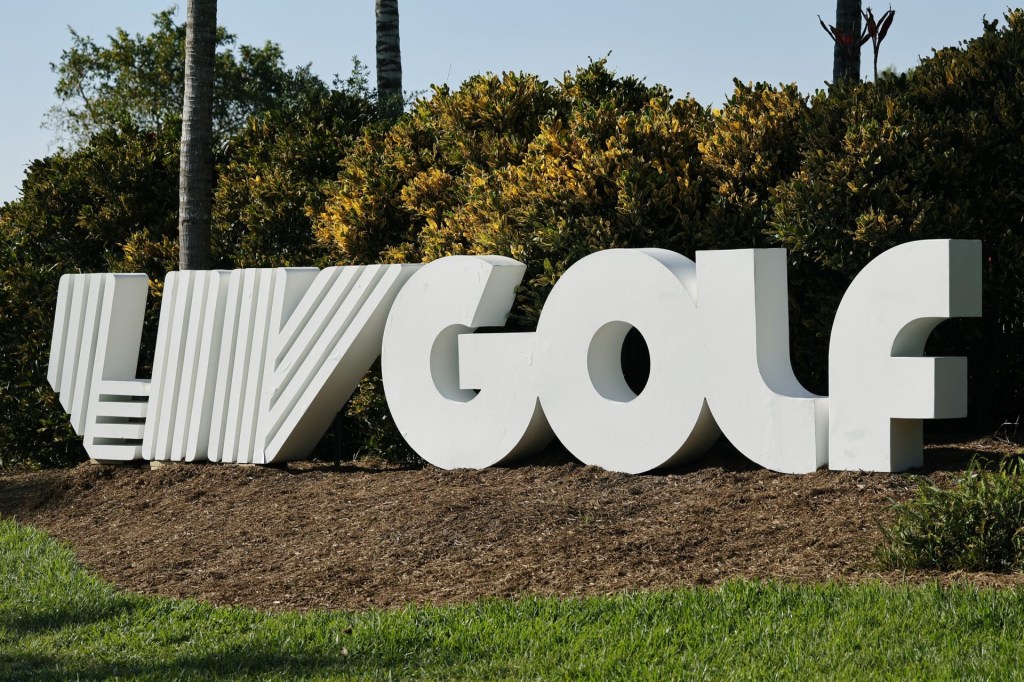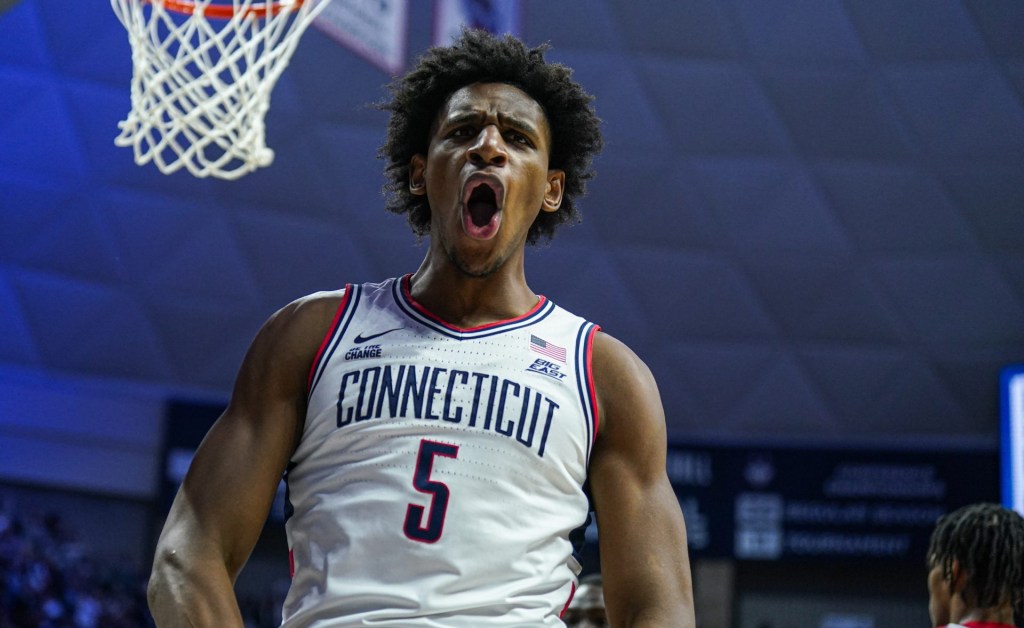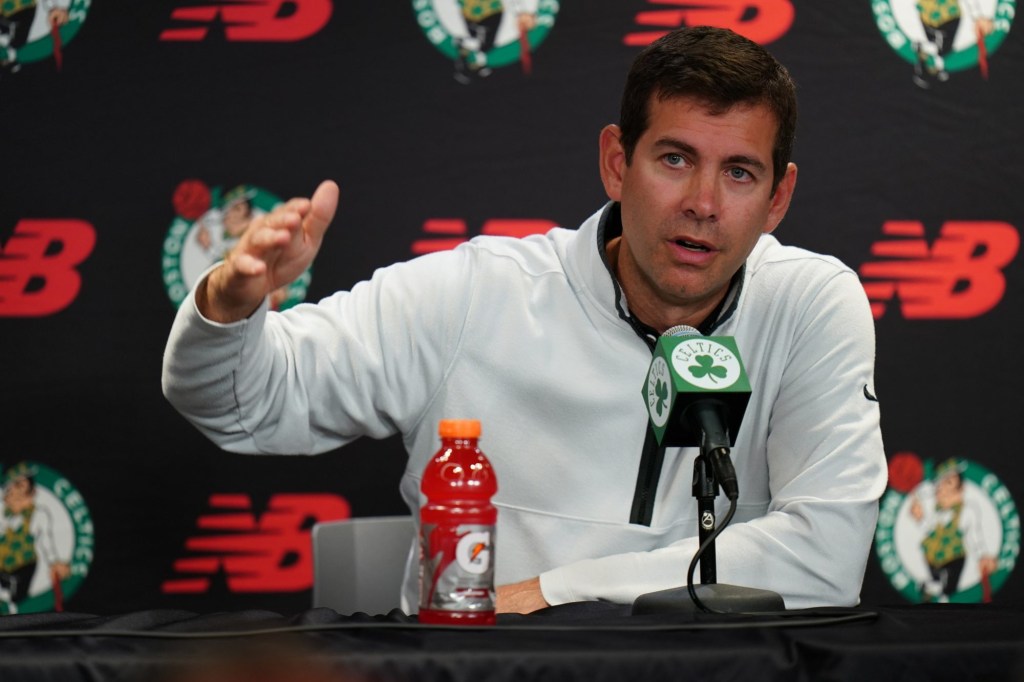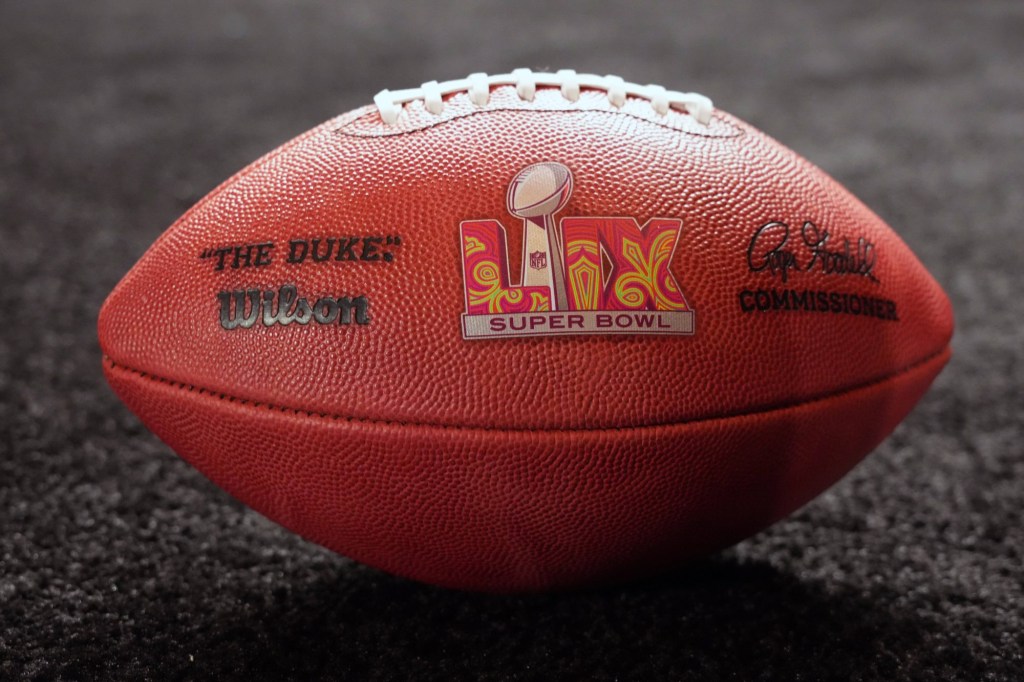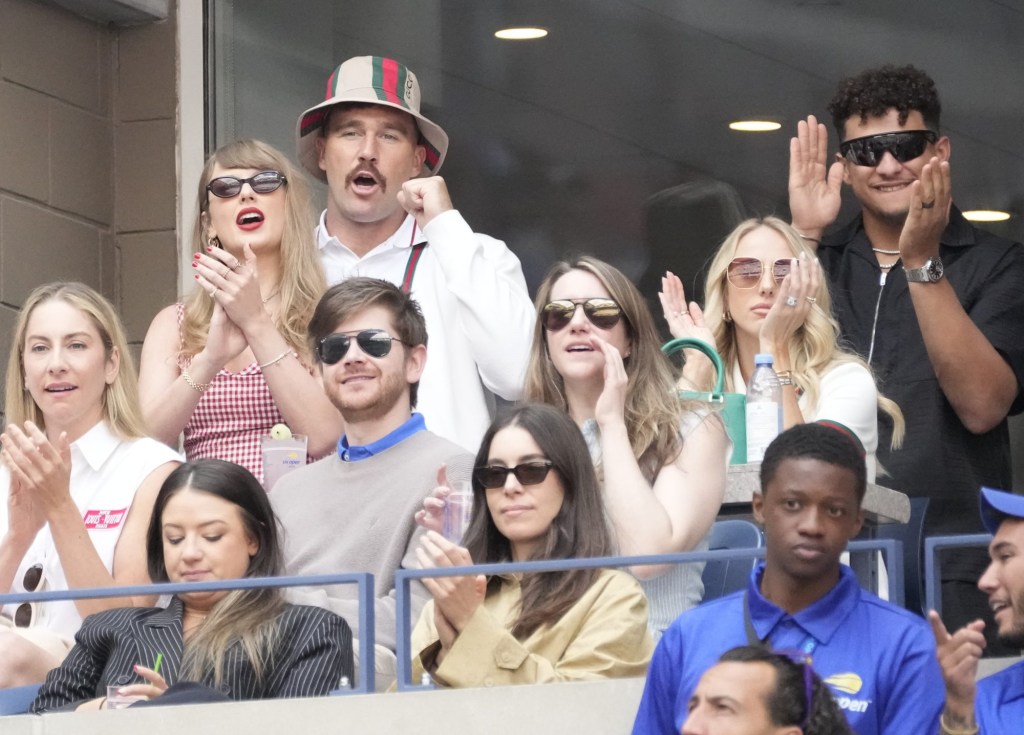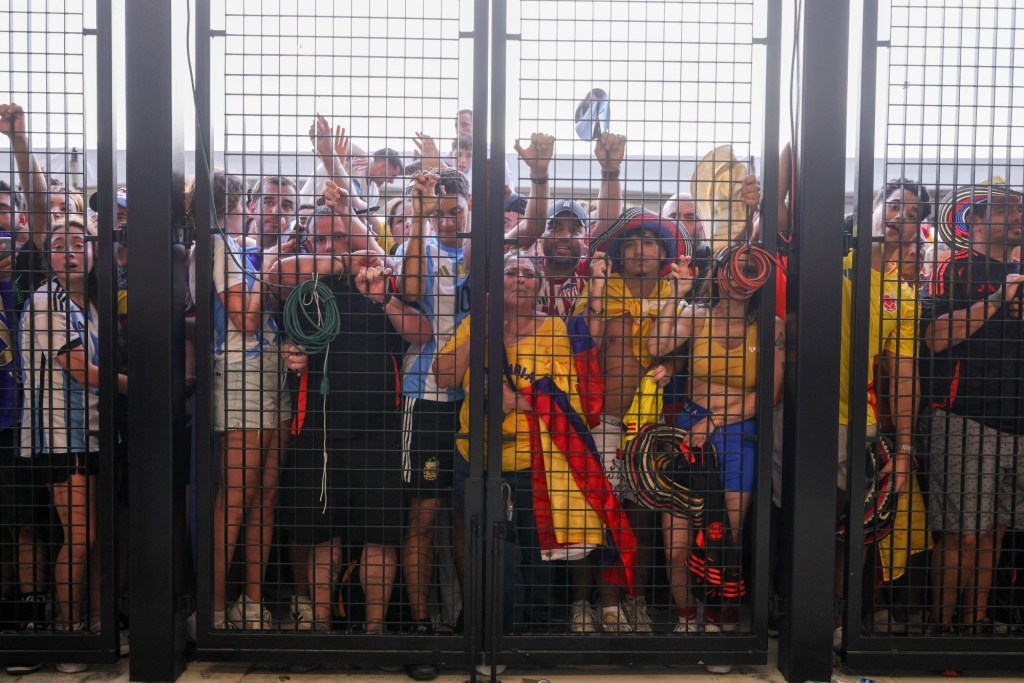Over its 85-year history, TPC Scottsdale’s Phoenix Open has evolved into one of the most unique golf tournaments, a raucous event with costumed fans, free-flowing bars, and plenty of music.
“If you zoom out, this is just a phenomenal event,” said Tyler Dennis, PGA Tour senior vice president and chief of operations. “They’ve embraced the notion it’s a golf tournament, but it’s also a festival and a celebration.”
The Waste Management Phoenix Open has been voted by other golf tournament organizers as PGA Tour Tournament of the Year the past two years. Dennis said it’s been a model of best practices with tournaments across the tour replicating fan experiences and sustainability concepts. As the title sponsor since 2010, Waste Management has driven the sustainability efforts, according to Dennis, and recently signed a 10-year extension. Financial terms of the deal were not disclosed.
But it’s often the party atmosphere that has people talking about the tournament. The path to being a party on a tour of otherwise rather tame events is one of tangible and intangible elements, said Tim Woods, the tournament’s chairman.
“We’ve been able to create our own narrative and story with great golf,” Woods said.
The keystone of the “Greatest Show on Grass” is the 16th hole, a par-3 wholly surrounded by a 20,000-seat grandstand – a setup unlike any other in golf. It was on this stage in 1997 that Tiger Woods hit a hole-in-one and put the Phoenix Open on the map, according to Woods, who is not related to the golfer.
The course features other unique elements, as Woods said the entire course assists in drawing crowds. For example, it’s built-in a way that is suited for large galleries with sunken fairways, allowing for closer crowd placements than many other courses. The 75-degree, sunny days in January don’t hurt attendance, either.
More than 750,000 visitors are expected to attend the tournament’s seven days of practice, Pro-Am and tournament.
The party at the Phoenix Open is so well known beverage publications, like VinePair, are writing about the PGA event.
READ MORE: TV Viewers Thanking NBC/Golf Channel for ‘Playing Through’ Commercials
“From corporate hospitality or social aspect, it’s a unique ticket,” Tim Woods said. “We love the Phoenix Suns, Diamondbacks, Coyotes, but there’s a lot of games to choose from. We do this for seven days and go away for a year.
“At a regular sporting event, you’re sitting in a row and locked in. In our world, there’s a pause in the action, and it’s conducive to doing business and interactions over a five to six-hour period.”
Over the years, the tournament has expanded its offerings, including this year’s Kiva Club, a multi-level public hospitality suite between the 10th and 17th holes. Other hospitality areas also received an expansion before this year’s event.
While the tournament organizers embrace the rowdy fans, they’ve also made sure to push fan behavior, safety, and golf etiquette as pillars of their operation.
Woods said players are beginning to embrace the atmosphere in Arizona, in part because it’s such a unique event that is unlikely to be replicated across the tour. There’s also a $7.3 million purse up for grabs.
“You can’t duplicate what we’ve done for 85 years,” Woods said. “We’re readily available to try to share what has and hasn’t worked over the 85 years. We want to streamline and elevate the experience and get better and concentrate on driving revenue to the bottom line so we can grow that charity number.”
Plenty has been copied and spread across the PGA Tour from the Phoenix Open, and the organizers regularly host other tournament executives and sponsors as they hope to grow the game of golf.
READ MORE: Topgolf Swing Suite Takes Aim at Sports Stadiums And Arenas
“It’s a balancing act,” Dennis said. “These things tend to grow organically, and we want our fans to be engaged and excited. At the same time, safety and maintaining the integrity of our competitions are paramount.”
Within the tournament’s long history is a track record of giving back. The tournament no longer makes public attendance numbers and instead focuses on the money it gives back to the community. Over its history, the Phoenix Open has donated $160 million, with $80 million coming the past ten years and $13.2 Million last year.


